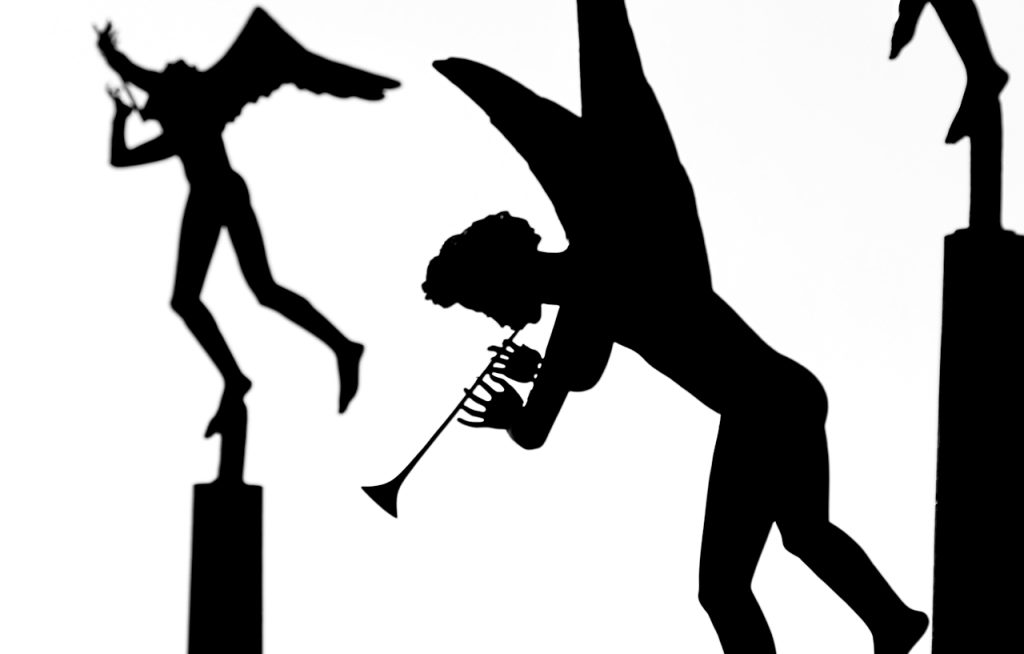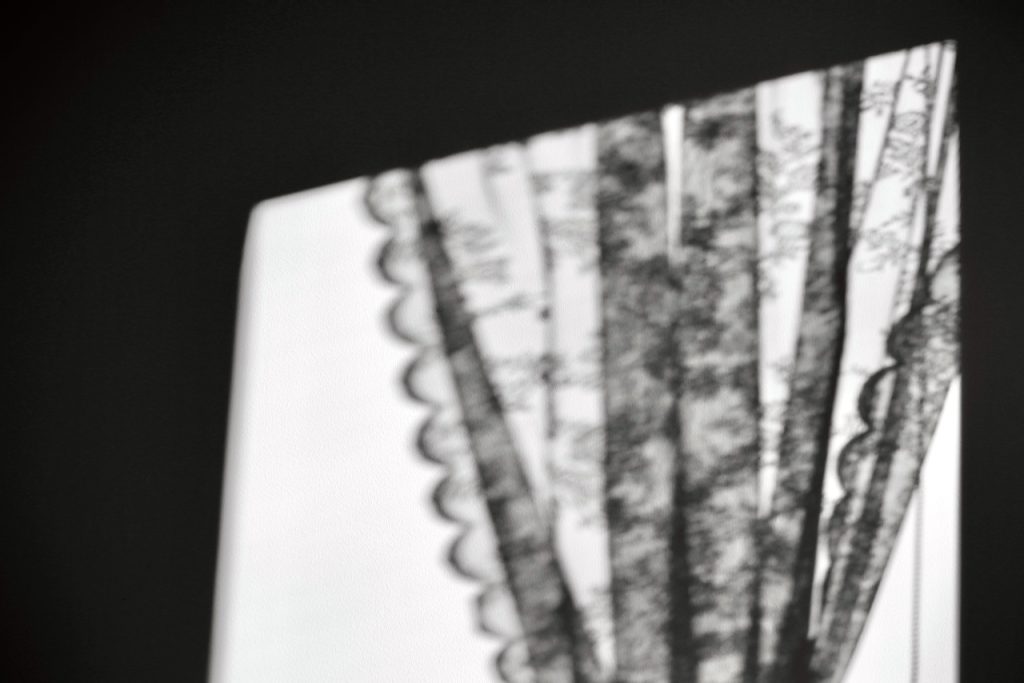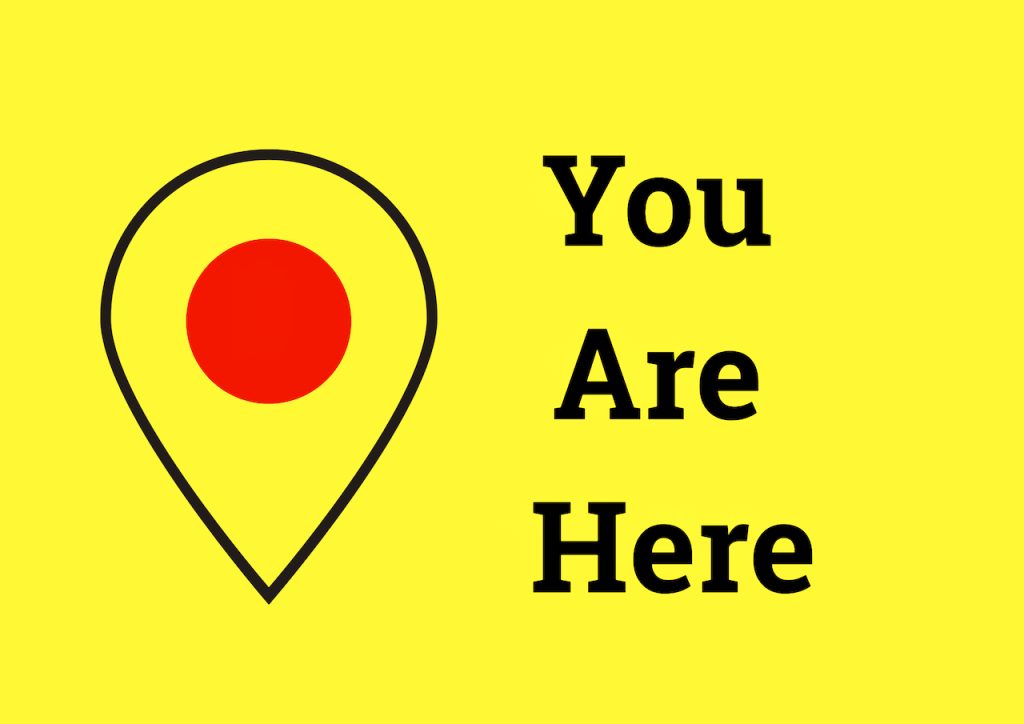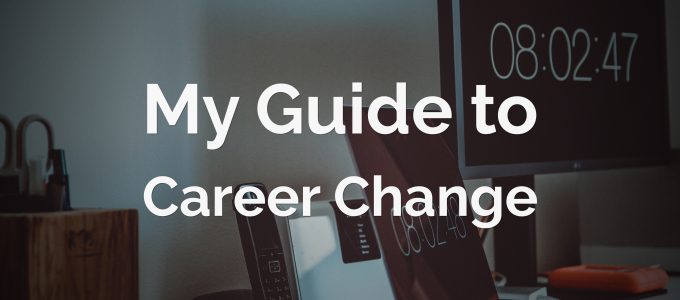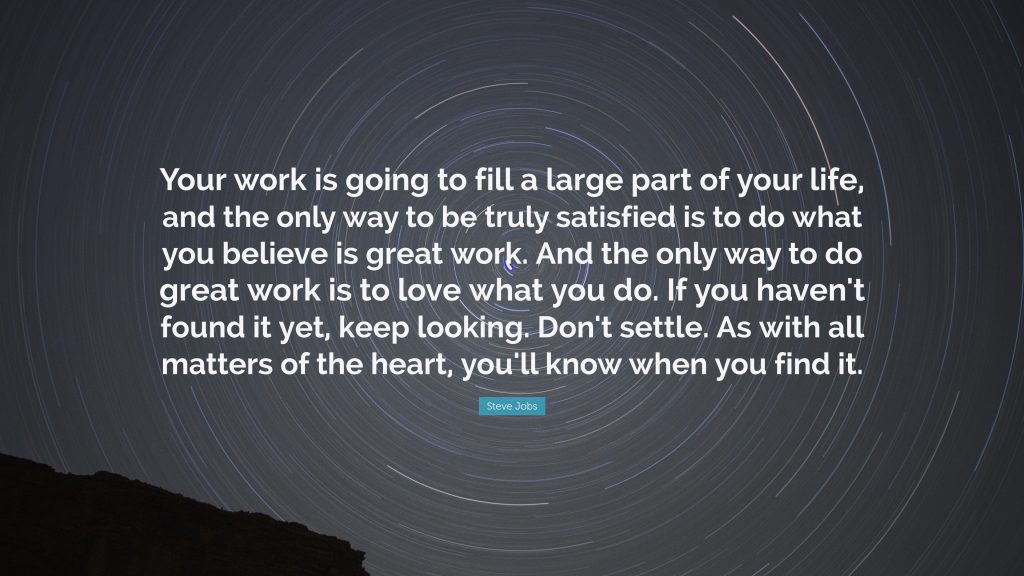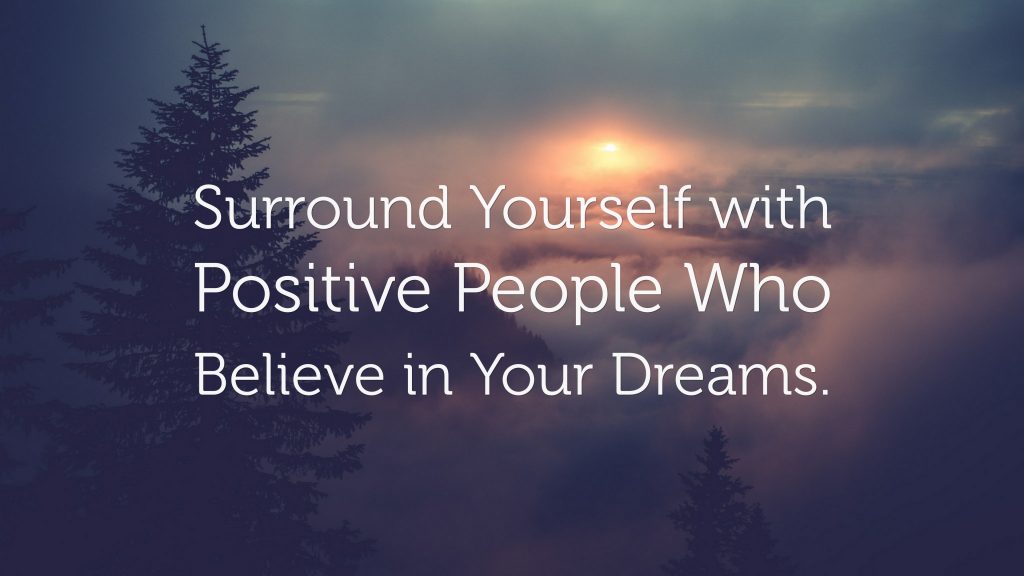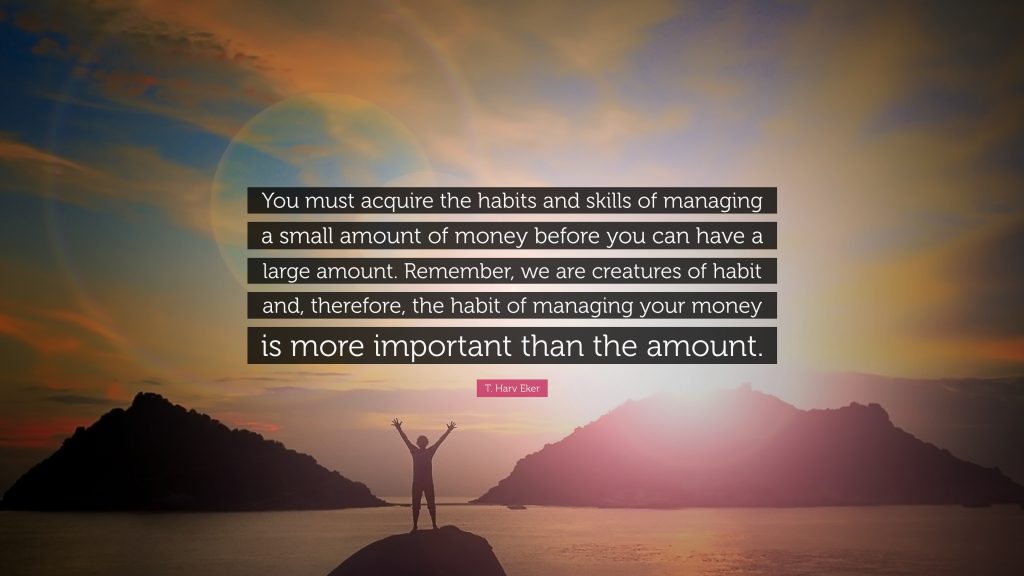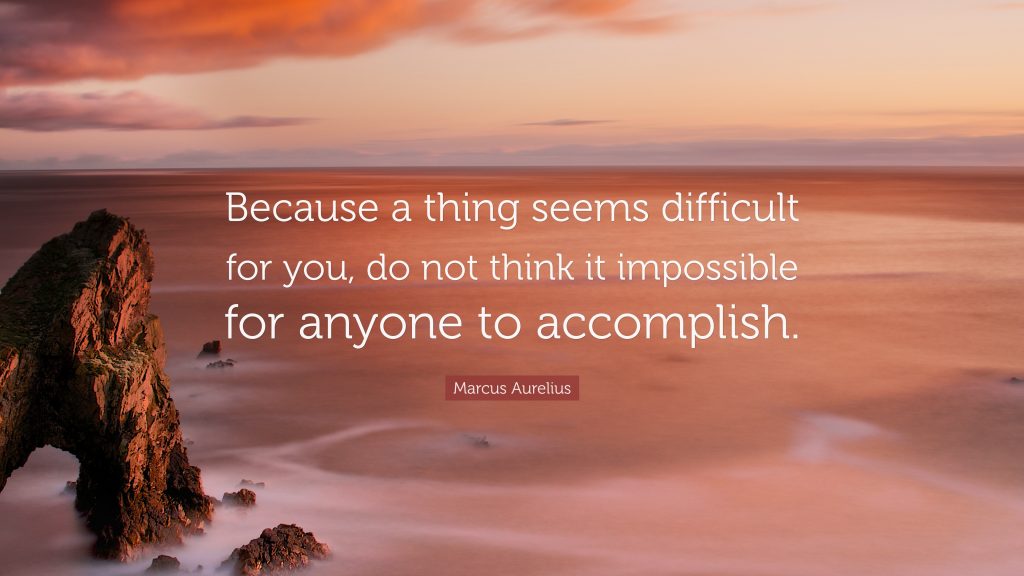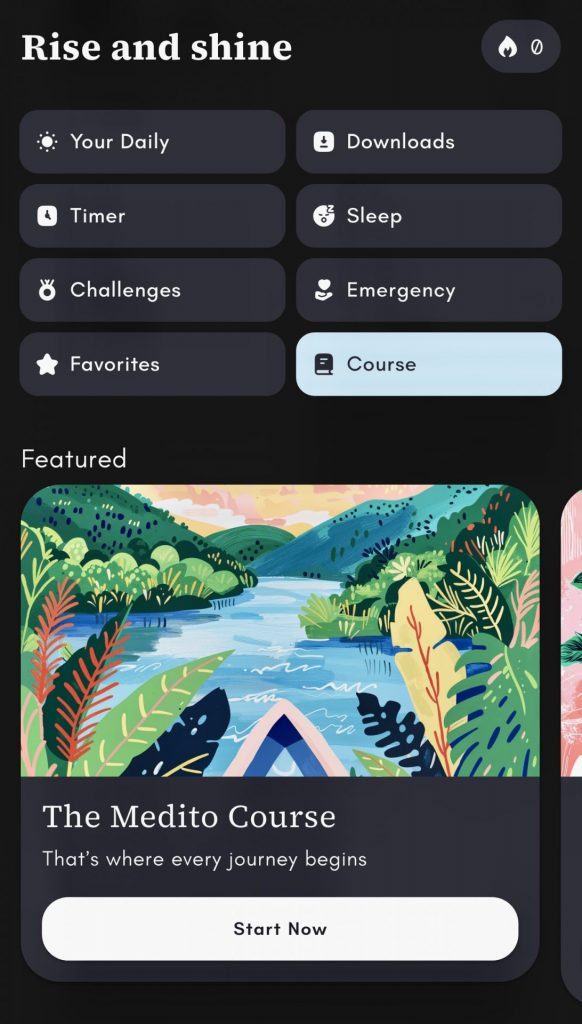
Like many of us, I’ve struggled with meditation. But then I found Medito, a free-forever meditation app available on both iOS and Android. I still can’t believe such a valuable resource is freely accessible!
“No ads, no spam, no need to sign up or pay. The app includes courses to help you develop your practice, including a 30-day challenge. It also includes a sleep section with sounds, stories & meditations to help you drift off to a peaceful slumber. There are hundreds of sessions to choose from, including breathing exercises, walking meditations, mantra meditations and sessions to help you deal with stress, anxiety, pain and low-mood.” Created by the Medito Foundation.
One of the things I love about Medito is its versatility. It’s not just a meditation app, it’s a companion that helps me navigate through the different phases of my day. Whether I need to focus at work, unwind in the evening, or prepare for a restful sleep, Medito has it.
I use Medito to meditate in the morning, at work during the day (I use The Nature sounds section and, sometimes, Meditative music if I need calming down) and to help me falling asleep at night (you can choose from Meditation for sleep, Sleep stories, Meditative music or Nature sounds).
Speaking of work, another favorite of mine is Tim Wheater‘s album Whalesong (1991). It’s beautiful, soothing music that is intertwined with whale sounds. The song of the Southern Humpback Whales was recorded live at Platypus Bay on the east coast of Australia in 1989.
I used to listen to it a lot when I was still working at Microsoft as it calmed me down (I did need a lot of calming down those years, I kept an insane pace), and I still do now and then.
On “Whalesong,” Wheater weaves four or five layers of music: the chirps, squeals, and cries of the whale (whose song can last for ten minutes), a repetitive bass organ drone sequence that sets some sort of cadence, two or more flute lines that weave and float above, and interesting sonic accents such a vocalise or high pitched bubbly sounds. The whole is so well integrated and heart-centered, the music almost breathes for you. Near the end, Wheater begins a stately melody, which almost makes the whales fly. The first section of “Whale Echoes” has a deeper resonance, almost like stately Tibetan overtone chanting. Joining Wheater on his smooth flutes and rhythm bass is Gary Thomas on handdrum. The second section brings Thomas in on didgeridoo, which snarls like the watery depths and sometimes mimics the snorts of the whales. The mournful cries, deep growls, and breathing of the whales are accented by clicks of feeding shrimp and high-pitched temple bells. Both pieces are very peaceful and suitable for relaxation, meditation, or massage. – From the All Music review.
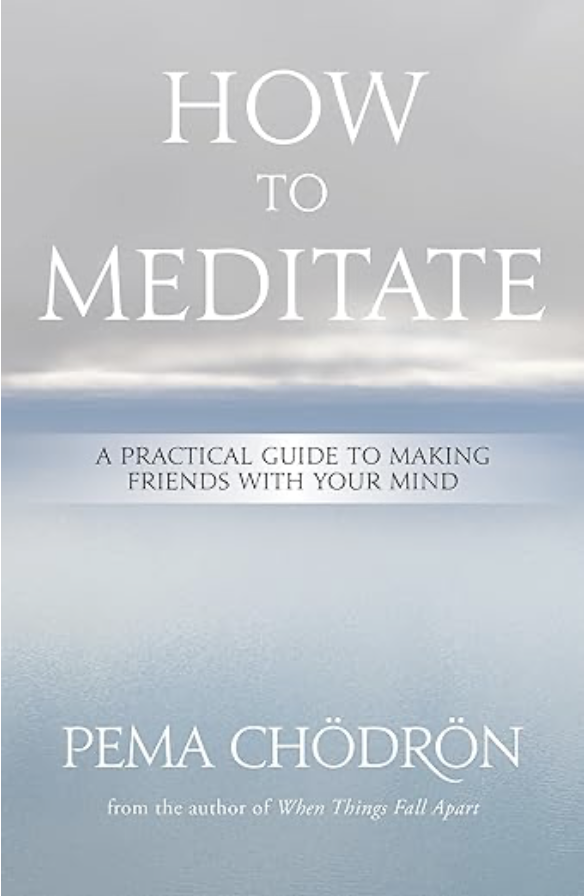
If an app is not your thing, try a book! I found it challenging to meditate despite reading many meditation books, but this particular one made all the difference for me. I cannot recommend it highly enough. It is insightful, easy to read, and practical, explaining meditation in straightforward and applicable terms.
Pema Chödrön, How to Meditate. Pema Chödrön is treasured around the world for her unique ability to transmit teachings and practices that bring peace, understanding, and compassion into our lives. With How to Meditate, the American-born Tibetan Buddhist nun presents her first book exploring in depth what she considers the essentials for a lifelong practice. This step-by-step guide shows readers how to honestly meet and openly relate with the mind, embrace the fullness of our experience, and live in a wholehearted way.
Related Posts
If you liked this post, share it on your preferred social network or forward it to a friend.





